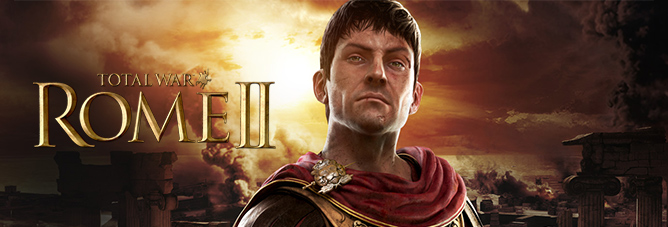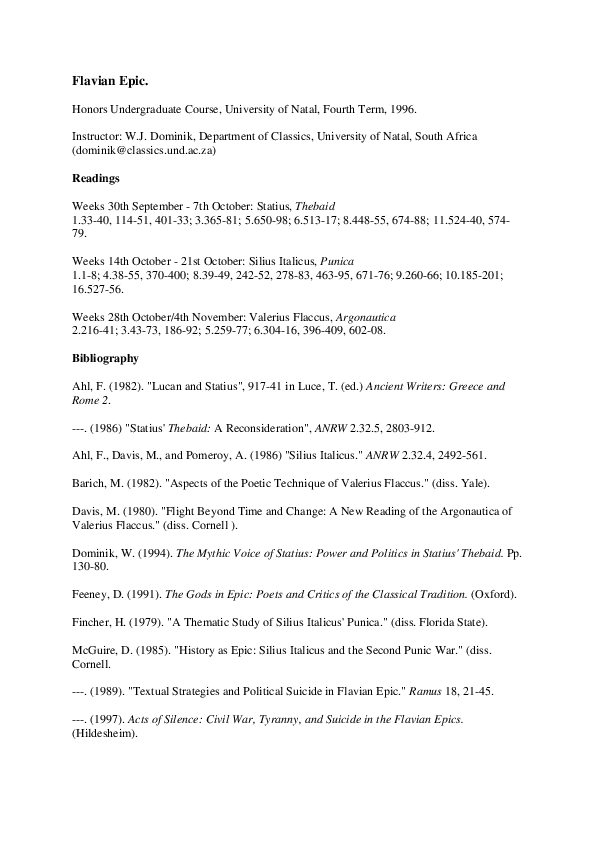

This page is your source for background information about each of the playable factions: their starting position on the campaign map, their civic and military focus, and some of their key battlefield units. Your browser does not support the audio element.Ranging from the Spanish coast to the far-flung, exotic kingdoms of the east, the campaign map for Total War: Rome II is breathtaking in scope, and a study in detail and variety.
Listen to a recorded reading of this page:. Take a ten question quiz about this page. In Rome, the regular people could band together and have considerable power through the Assembly and their Tribunes. This may sound unfair, but it was a big change from other civilizations where the average person had no say at all. Consuls, Senators, and Governors only came from the rich aristocracy. Also, if you had more money, you got more voting power. Women did not get the right to vote or hold office. No, people were treated differently based on their wealth, gender, and citizenship. It provided for separate branches of government and balances of power. The constitution was more of a set of guidelines and principals that were passed down from generation to generation. The Roman Republic did not have a precise written constitution. They also had some responsibilities to maintain public morality and to look after public finances. Many politicians who wanted to be elected to a higher office, like consul, would become aedile so they could hold big public festivals and gain popularity with the people.Ĭensor - The Censor counted the citizens and kept track of the census. Governors were also called proconsuls.Īedile - An Aedile was a city official who was responsible for the maintenance of public buildings as well as public festivals. The governor would be in charge of the local Roman army and would also be responsible to collect taxes. The Senate would appoint a governor to rule the land or province. Governors - As Rome conquered new lands, they needed someone to be the local ruler. 
Tribunes - Tribunes were the representatives of the Plebeian Council. This was how the common people, plebeians, could elect their own leaders, magistrates, pass laws, and hold court. Plebeian Council - The Plebeian Council was also called the Peoples Assembly.






 0 kommentar(er)
0 kommentar(er)
